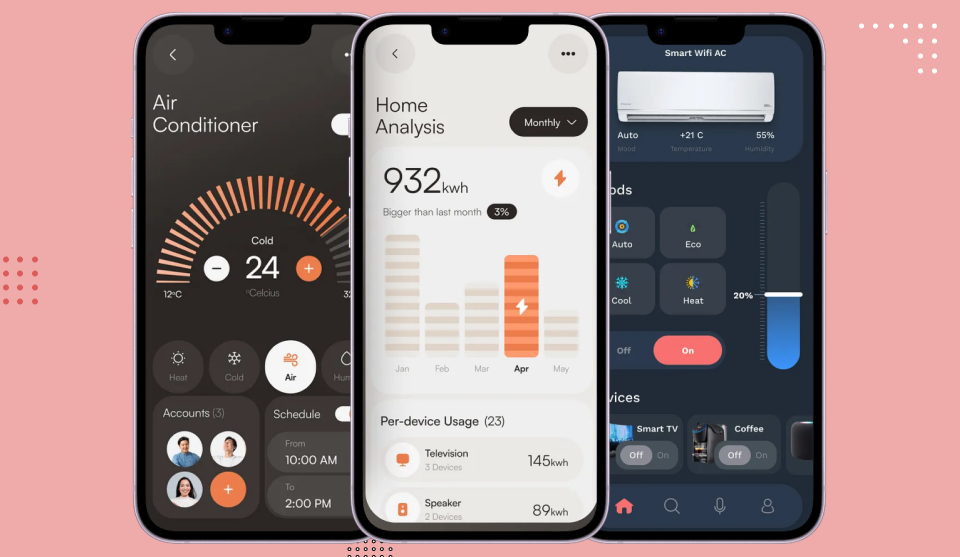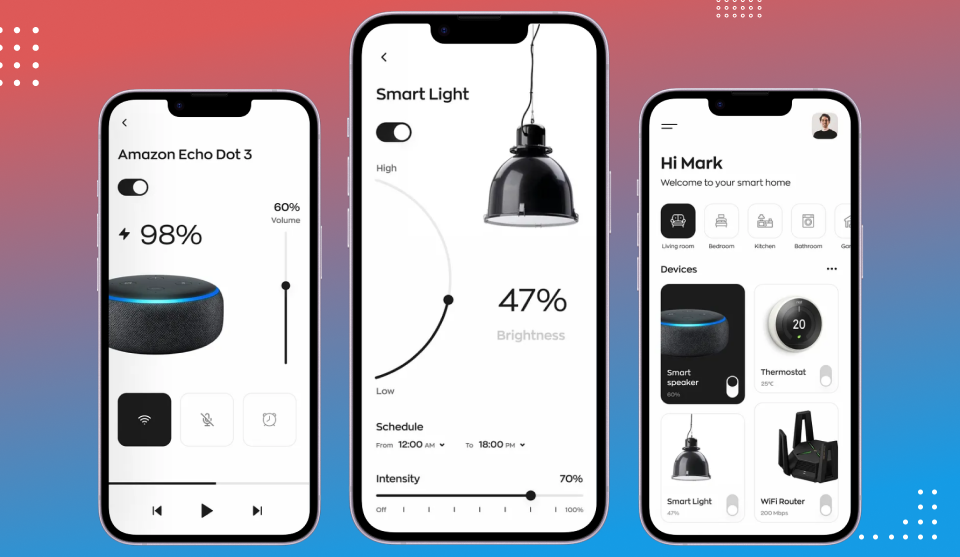Introduction
The Internet of Things (IoT) has emerged as one of the most transformative technologies of the 21st century, connecting billions of devices worldwide. From smart homes and wearable technology to industrial automation and smart cities, IoT technology is influencing every aspect of our lives. However, as with any emerging technology, there is an ongoing debate—Is IoT truly shaping the future, or is it just another overhyped trend?
Understanding IoT Technology
IoT refers to a network of interconnected devices that collect, transmit, and analyze data using the internet. These devices include sensors, smart appliances, vehicles, and industrial equipment that communicate in real time. The ability to integrate data and automate processes is what makes IoT so revolutionary.
Key Components of IoT Technology
1.Devices and Sensors – These are the building blocks of IoT, responsible for gathering data from the environment.
2.Connectivity – IoT devices communicate using wireless technologies like Wi-Fi, Bluetooth, Zigbee, or 5G.
3.Cloud Computing – The data collected is stored and processed in the cloud, making it accessible from anywhere.
4.Artificial Intelligence and Analytics – AI-powered insights help in making data-driven decisions.
5.User Interface (UI) – Applications and dashboards enable users to interact with IoT devices.
The Role of IoT Application Development
IoT application development plays a crucial role in making connected devices more functional, secure, and efficient. Businesses across various industries are investing in IoT app development services to create innovative solutions that enhance user experiences and streamline operations.
Read More: https://www.siddhiinfosoft.com/blog/create-airbnb-like-vacation-rental-app/
Importance of IoT App Development Services
1.Automation & Control – IoT applications allow users to automate and control devices remotely.
2.Data Analytics & Insights – Businesses leverage IoT applications to analyze customer behavior, optimize operations, and predict maintenance needs.
3.Scalability & Integration – IoT applications must be scalable and compatible with various platforms and protocols.
4.Security & Privacy – IoT security remains a critical concern, and robust app development ensures data encryption and secure communications.

IoT in Various Industries
1. Smart Homes & Consumer Electronics
IoT applications are transforming how people interact with their homes. Smart home automation systems like Google Nest, Amazon Alexa, and Apple HomeKit provide users with enhanced convenience and energy efficiency.
2. Healthcare
Wearable technology, smart medical devices, and remote patient monitoring have revolutionized healthcare. IoT applications help in real-time tracking of vital signs, improving patient care and reducing hospital visits.
3. Manufacturing & Industrial IoT (IoT)
IoT-enabled predictive maintenance, supply chain optimization, and factory automation are making industries more efficient and cost-effective. Applications like Siemens’ MindSphere provide real-time analytics for industrial operations.
4. Agriculture
Smart farming solutions powered by IoT applications help monitor soil moisture, weather conditions, and crop health, improving agricultural yield and reducing resource wastage.
5. Smart Cities
From traffic management and waste disposal to energy-efficient buildings, IoT technology is at the core of smart city projects, ensuring sustainable urban development.
Read More: https://www.siddhiinfosoft.com/blog/psychology-in-ux-ui-design/
Challenges in IoT App Development
While IoT technology offers immense potential, it also comes with certain challenges that developers and businesses must address.
1. Security & Privacy Risks
With an increasing number of connected devices, cybersecurity threats are a major concern. Ensuring end-to-end encryption, secure authentication, and regular updates is essential.
2. Connectivity Issues
IoT applications rely on stable and fast network connectivity. Issues like bandwidth limitations, latency, and power consumption need to be optimized for seamless performance.
3. Compatibility & Interoperability
IoT devices from different manufacturers may use different communication protocols, creating integration challenges. Standardization efforts are needed to ensure smooth interoperability.
4. Data Management
The massive amount of data generated by IoT devices requires effective storage, processing, and analysis solutions. Cloud-based architectures and edge computing play a crucial role in managing IoT data efficiently.
Future of IoT Technology
Despite the challenges, IoT technology is expected to continue growing, driven by advancements in AI, 5G connectivity, and edge computing. Some of the key trends shaping the future of IoT include:
1.AI-Driven IoT Applications – The combination of AI and IoT is enabling smarter automation and predictive analytics.
2.Edge Computing – Reducing dependency on cloud processing by handling data closer to the source improves efficiency and speed.
3.5G Connectivity – Faster and more reliable networks will enhance the capabilities of IoT applications.
4.Blockchain for IoT Security – Decentralized security measures can protect IoT networks from cyber threats.
5.Sustainability & Green IoT – Energy-efficient IoT solutions will contribute to sustainability and environmental conservation.

Conclusion – Hype or Reality?
IoT technology is more than just hype—it is a transformative force shaping the future across multiple industries. While there are challenges in security, interoperability, and scalability, continuous advancements in IoT app development services are helping overcome these obstacles. Businesses that embrace IoT early can leverage its potential to enhance efficiency, reduce costs, and improve customer experiences.
As the IoT ecosystem continues to evolve, the future holds immense possibilities, making IoT an essential technology for businesses and consumers alike. Whether it’s smart homes, healthcare, or industrial automation, IoT is here to stay and revolutionize the way we live and work.
Expanding IoT’s Potential
To fully realize the power of IoT, businesses need to adopt innovative strategies, invest in robust IoT application development, and prioritize security. The integration of AI and blockchain will further accelerate IoT’s capabilities, making it indispensable for various sectors.
Curious about how IoT is transforming urban life? Dive into our blog: IoT Applications Driving Tomorrow’s Smart Cities
Final Thoughts
While IoT is still evolving, its applications have already reshaped industries. Governments and organizations must work together to create regulatory frameworks, improve security, and drive standardization. Only then can we unlock the true potential of IoT and build a smarter, more connected future.
As we move forward, businesses must assess how IoT can benefit them, adopt cutting-edge IoT app development services, and leverage data-driven insights for innovation. The question is no longer whether IoT is shaping the future—it’s about how we can maximize its impact to create a smarter world for everyone.
























